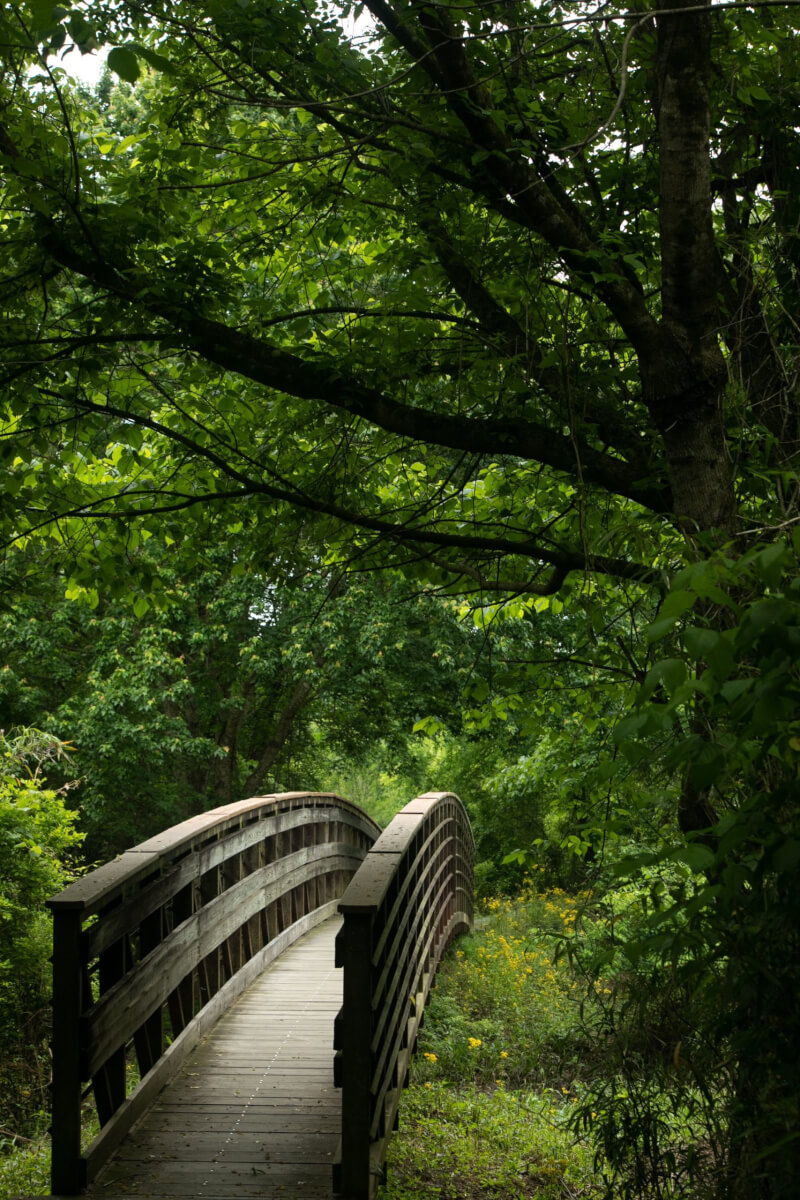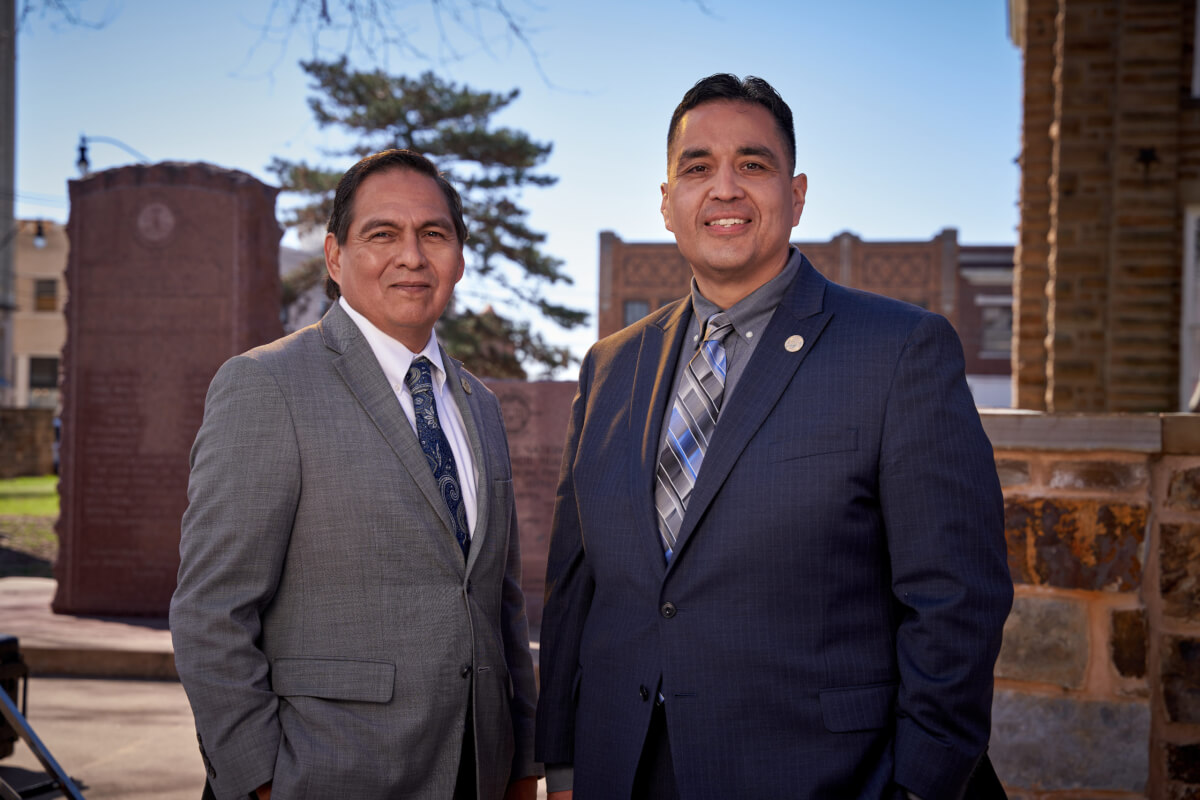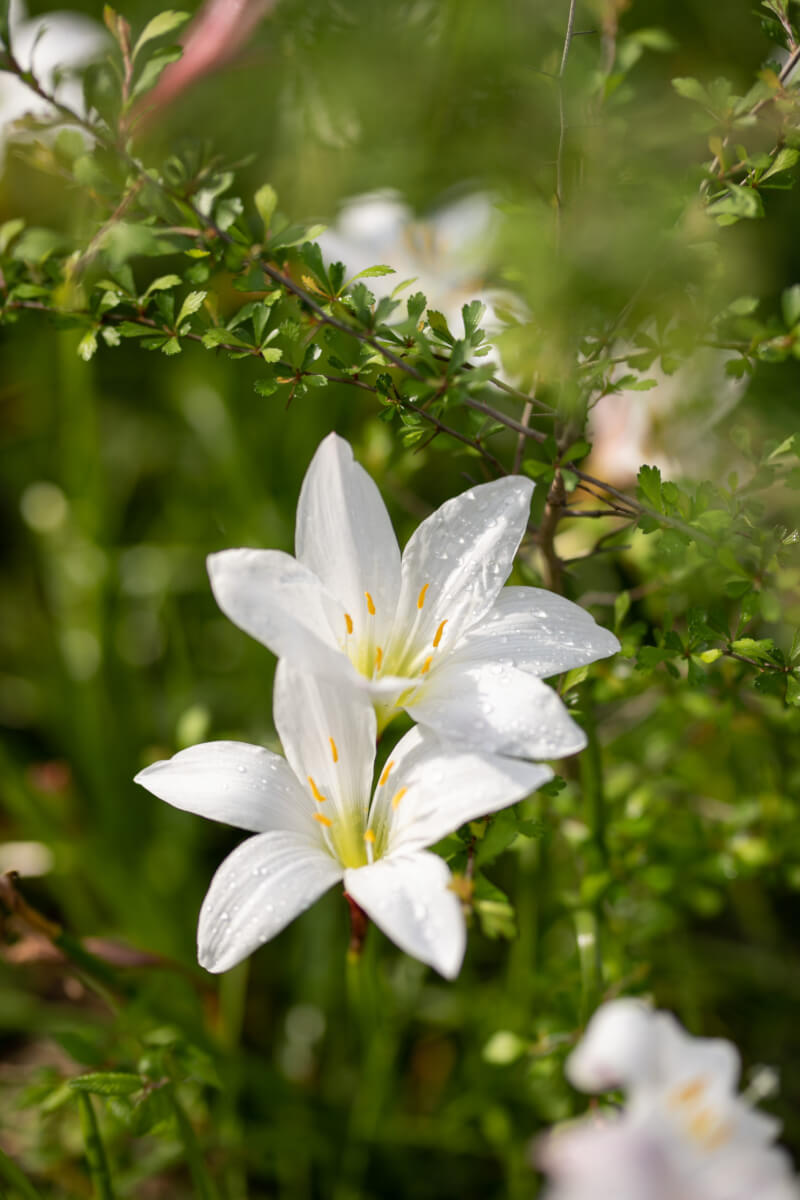
Preserving our past, protecting our present, planning for our future: The Ocmulgee National Park and Preserve Initiative
By Lisa Mayfield Spence
Photography by Christopher Smith
The first in a series of articles exploring the past, present and future of the Ocmulgee National Historical Park and Ocmulgee River corridor.
Read the second article here and the third article here
We have a treasure here. Of course, there is a great deal of historical significance in our area. Music is at the core of Macon and Central Georgia’s rich modern history, but long before Little Richard, Otis Redding and other musical greats sang their way into the hearts of the region and the world, Native Americans called the Macon Plateau home.
It is the mission of the Ocmulgee National Park and Preserve Initiative (ONPPI) to expand the current site of the Ocmulgee National. Historical Park into Georgia’s first National Park and Preserve.
“The Indian Mounds, Bond Swamp Wildlife Refuge and Ocmulgee River are the jewels we have here,” said Seth Clark, executive director of ONPPI. “This is our history, our culture, the wildlife and natural resources we have.”
With growing national attention on the importance of preservation in the area, ONPPI has committed to being the driving force behind local conservation efforts.
“We look forward to seeing the park and preserve become a nationally-protected resource,” Clark said.
The arc of Macon’s history goes way back beyond the founding of the city. The length of time our region has been inhabited by humans has been repeatedly underestimated over the years, as scientists once thought the site was only 10,000 years old, then 12,000 years old. Evidence now points to the arrival of Paleo-Indians about 17,000 years ago, when they followed animal herds into North America, hunting them with a sharp-edged tool known as the Clovis spear point — two of which have been excavated from the Ocmulgee Old Fields.
From that time forward, through the Archaic, Woodland and Mississippian periods, through the rise and fall of the Lamar culture, the indigenous tribes who would eventually be known as the Muscogee-Creek people thrived on the lands in Central Georgia.
From hunter-gatherers and settlers to farmers and mound-builders, the Muscogee people evolved. The construction of mounds — from the early platform, earthen burial and stone effigy mounds to later giant, earthen mounds and lodges — are a trademark of this culture. In fact, it was these Native Americans who are known for building the only spirally-ascended mound in North America.
Although the Muscogee people thrived for generations, their way of life eventually gave way to both European colonization and the culture that followed. In the removal treaty of 1832, Muscogee leadership exchanged the last of the cherished Muscogee ancestral homelands for new lands in Indian Territory, what would eventually become Oklahoma.
The Antiquities Act, signed into law by President Theodore Roosevelt in 1906, was the first U.S. law to provide general protection for any kind of cultural or natural resource and established the first national historic preservation policy for the United States. In the 1920s, a group of concerned Macon residents led an effort to protect the region’s mounds, culminating in a 1934 law designating about 700 acres of the Ocmulgee National Monument.
In 1997, Macon residents led the effort to establish a much larger area of land around the monument as a Traditional Cultural Property, a designation that provides the area greater legal protection from development. The existing 700 acres would be greatly expanded, with a proposed boundary consisting of 2,500 acres when the acquisition is completed and closed later this year, according to Clark.
It is with all this rich history in mind that ONPPI’s mission was developed: “To advocate for the expansion of the Ocmulgee National Monument and its eventual integration into the larger network of public lands in the Ocmulgee River corridor south of Macon to form a new Ocmulgee National Park and Preserve. We seek to preserve historical, cultural and environmental values, while simultaneously providing the economic and other benefits of a National Park to Middle Georgia and beyond.”
The designation changed from National Monument to Historical Park when President Donald Trump signed the John Dingell Act of 2019, according to Clark. That change, as well as the congressional mandate to conduct a special resource study that will research the feasibility of expanding to a National Park and Preserve, were both in that piece of legislation.
According to Clark, ONPPI is the “coming together of many partners who share this long-term vision.” The park designation process is one that is quite detailed, but that is to be expected, Clark said.
“Civic engagement in this process has been excellent; we all want the same thing,” he said.
The final designation for the project will be as a National Park and Preserve. Expanding the Ocmulgee Historical Park into a National Park and Preserve will have the desired effect of returning Macon to being “a city in a park,” as originally designed in 1823 by James Webb, Macon’s founding father.
Elevating the Ocmulgee Mounds National Historical Park, Bond Swamp National Wildlife Refuge and the Ocmulgee River corridor south to Hawkinsville is a project that is being embraced by residents and officials across the state, as well as the Muscogee-Creek Nation.
James Floyd, former principal chief of the Muscogee-Creek Nation, is among those not only embracing the project, but helping to move it forward.
“We were a mound-building people,” Floyd said. “The preservation of the mounds provides a direct link to our past as mound-builders. But that’s not all … this land is our ritual homeland, where our beliefs are grounded. Our ancient culture has a real presence here; our ancient sites provide meaning.”
Though Floyd lives in Oklahoma, where the Muscogee-Creek Nation has had its home for nearly 200 years, he said there still are at least 200-400 citizens of the Muscogee-Creek Nation living in Central Georgia, near their ancient homeland. Employment opportunities or military service keep them tied to the land, he said.
“We have groups who never removed from this part of the country and assimilated elsewhere,” he said. “They maintain a sense of connection to the mounds and river. When any of us embark on a pilgrimage back to our homeland, it’s a homecoming for us all.”
David Hill, current principal chief of the Muscogee-Creek Nation, agreed.
“It’s always important to come home,” he said. “Once you come back home, there is a different beating in your heart; this is where we came from. The fire that is in our heart is the fire that is here. We have to keep it going. We have to keep the language and the culture here.”
As the fourth largest tribe currently in the United States — with more than 90,000 citizens — the Muscogee-Creek Nation is largely based in Oklahoma with pockets of population in states surrounding Oklahoma, as well as both California and Georgia.
Hill and Floyd both remain personally attached to the region despite maintaining residences in Oklahoma. As a trustee and board member of the National Park Conservation Association, Floyd also provides a unique perspective.
“This is a high priority for me,” Floyd said. “In my role as former principal chief and a representative of the tribe, I am able to communicate and collaborate on positions that the tribe takes formally as far as preservation goes.”
The importance and cultural significance of ONPPI’s initiative cannot be overstated, said Clark.
“Macon has such a rich modern history. There is a level of atonement we have to look at collectively in terms of preserving these lands that are sacred in some way to all of us,” he said.
Working in conjunction with the Muscogee-Creek Nation, the initiative is enjoying bipartisan support in Washington, D.C. Members of both parties, in both chambers, supported the Dingell Act of 2019, and the special resource study that the Dingell Act mandated is currently ongoing. President Joe Biden’s recently proposed budget includes about $1.575 million in Land and Water Conservation Fund monies for the project.
“Congressional action will be required to expand the park into a National Park and Preserve, but that language has yet to be proposed,” Clark said.
“My grandfather taught me to fish on the Ocmulgee River and I taught my son to fish there, too,” Clark said. “The Ocmulgee River is the lifeblood of this region, and has been for thousands of years. Through the work of the ONPPI, we are closing a chapter in the preservation process for these lands that have a 17,000-year history. This is our window of opportunity; it’s a very special moment in time.”
That the expansion and preservation of the Ocmulgee National Historical Park and the accompanying expansion of the Ocmulgee River corridor will generate economic growth — substantially impacting Central Georgia’s economy and increasing tourism from national and international visitors — is a fact not lost on anyone involved in the initiative. Preserving historical, cultural and environmental values while simultaneously providing the economic benefits of a National Park to Central Georgia and beyond is, in a nutshell, the vision of ONPPI.
“We want to see the newly-designated National Historical Park connected to Macon’s downtown,” said Kensey Rabun, former board member of ONPPI and former executive director of Ocmulgee Land Trust, a nonprofit dedicated to preserving land in the Ocmulgee River basin. “The grounds surrounding the area currently are being developed into a linear park connecting Macon’s first neighborhood to the arts center and the National Historical Park.”
Connecting these areas “ultimately enhances the quality of life for our community,” said Chris Sheridan, ONPPI board chairman. “Businesses want to locate around amenities so their employees can enjoy what Macon has to offer.”
Floyd said the Muscogee-Creek Nation is very grateful for the efforts of those in Central Georgia and beyond who recognize the importance of the Ocmulgee area.
“We recognize that people are interested in what happens to our native lands, and it’s refreshing to see the support,” he said. “Collectively it’s important as this process congeals and gives us the opportunity to all enjoy the region more fully.”
Next in the series: What the new Ocmulgee River Corridor will look like, the economic impact of the new National Park & Preserve designation and how locals can help make these dreams come true. Also, digging deeper with Chiefs Floyd and Hill and an interview with Sen. John Osoff, including his perspective on the designation.





